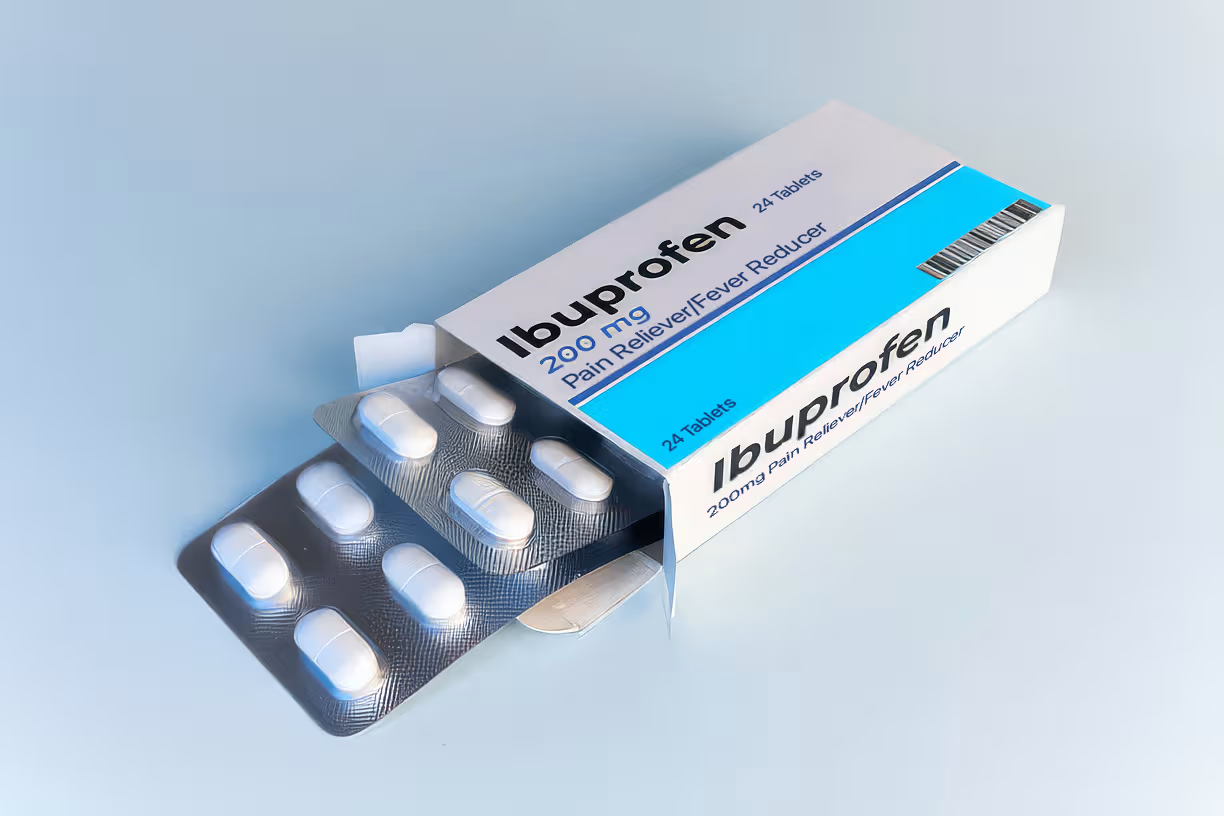
Diabetes is a chronic condition that affects how the body processes glucose, leading to high blood sugar levels. Proper management and awareness are essential to prevent complications. Here's an in-depth look at diabetes, covering the two main types, their symptoms, testing methods, causes, and treatments.
While Type 1 and Type 2 share many symptoms, they can vary in onset and severity.
Type 1 symptoms can develop quickly over days or weeks, while Type 2 symptoms are usually slower to appear and may go unnoticed initially.
Diabetes has multiple causes, often influenced by genetic and lifestyle factors:
Diagnosing diabetes involves measuring blood glucose levels through specific tests:
Levels above these thresholds suggest prediabetes or diabetes and warrant further investigation.
Managing this condition involves lifestyle adjustments, regular monitoring, and in some cases, medication.
Diabetes is a complex condition, but early detection and proactive management can help individuals lead healthier lives. If you suspect symptoms or have a family history of the condition, regular testing and lifestyle adjustments can make a significant difference. Consult with a healthcare provider for a personalised treatment plan and guidance on maintaining stable blood sugar levels.
Click here to book an appointment with one of our specialist doctors.





